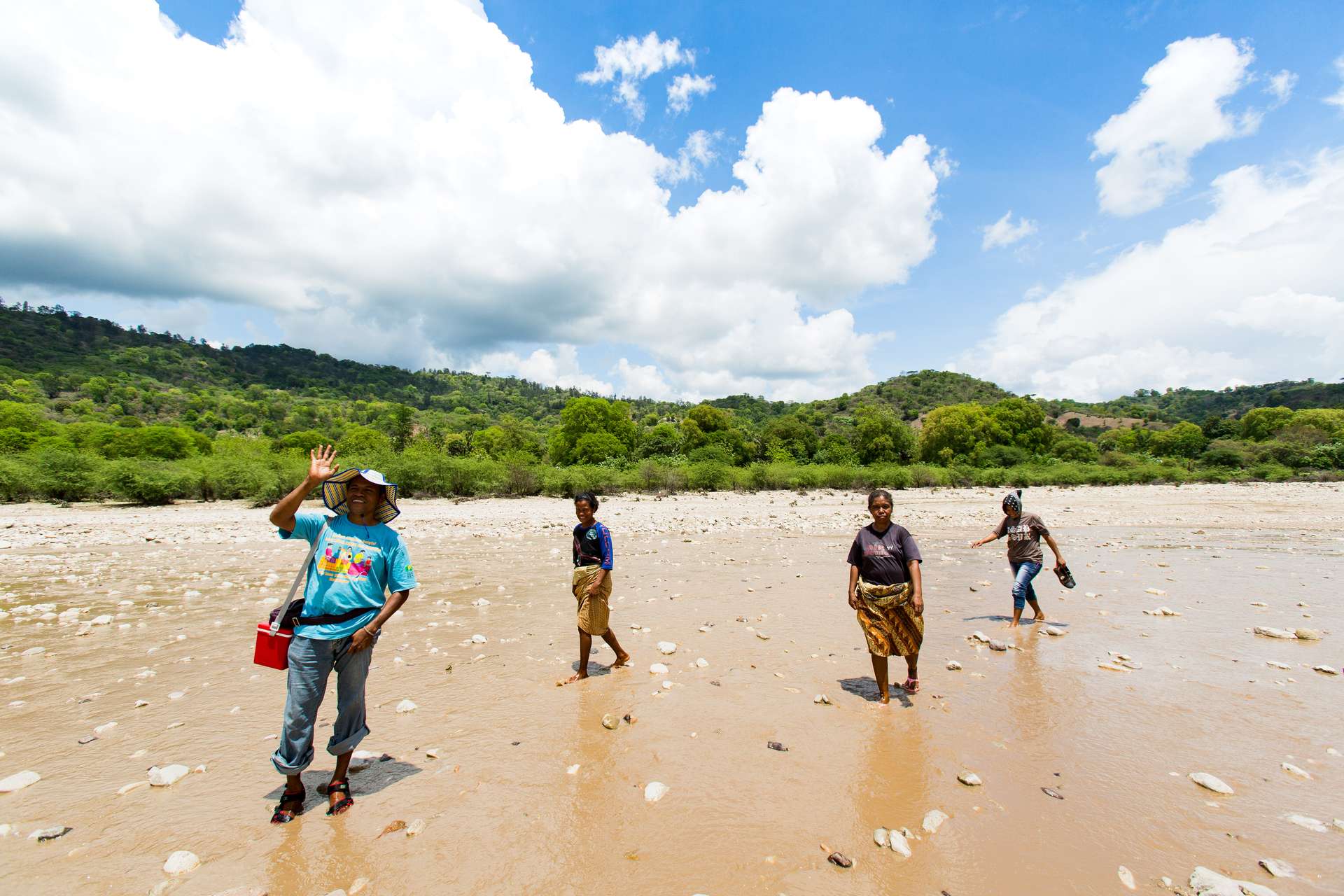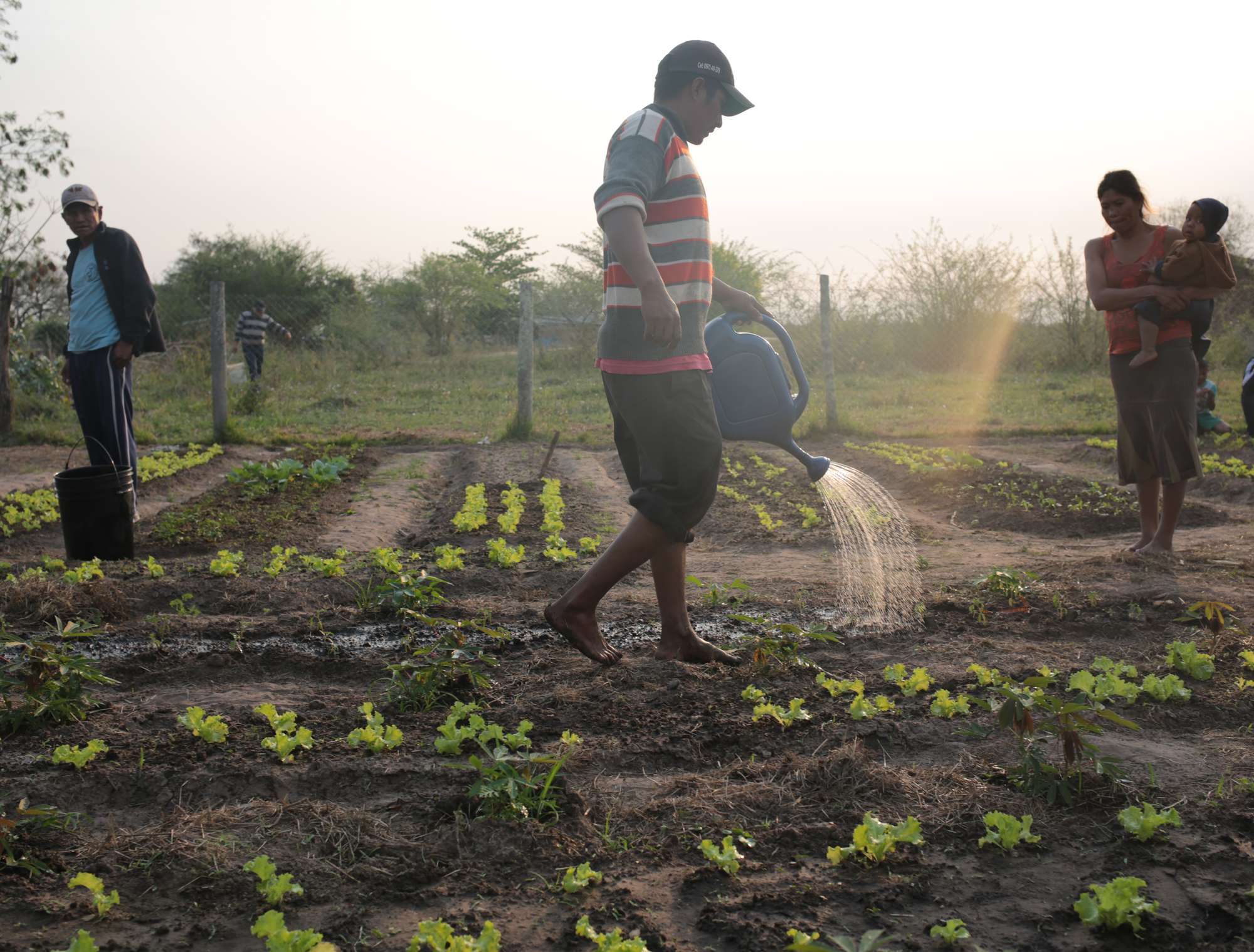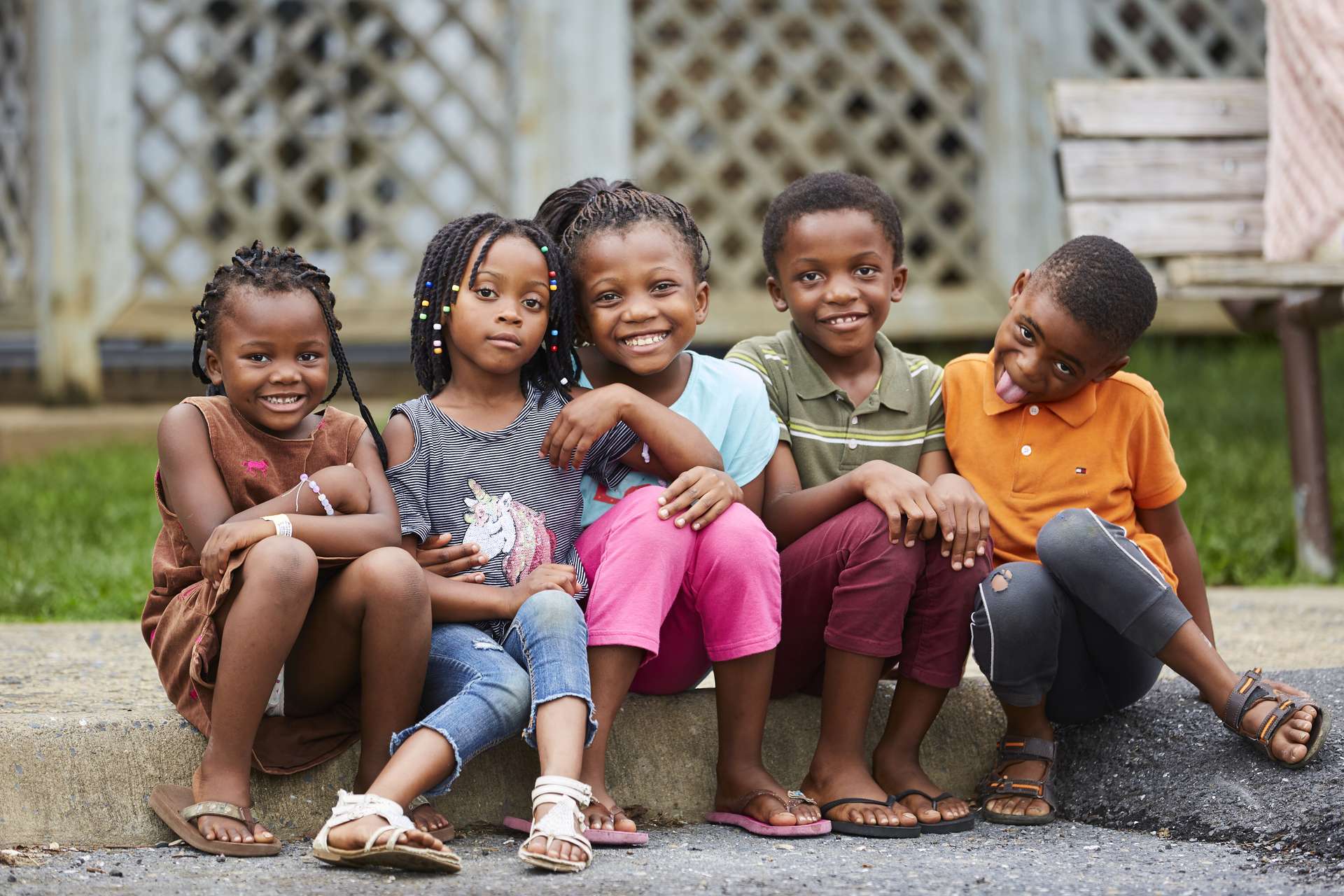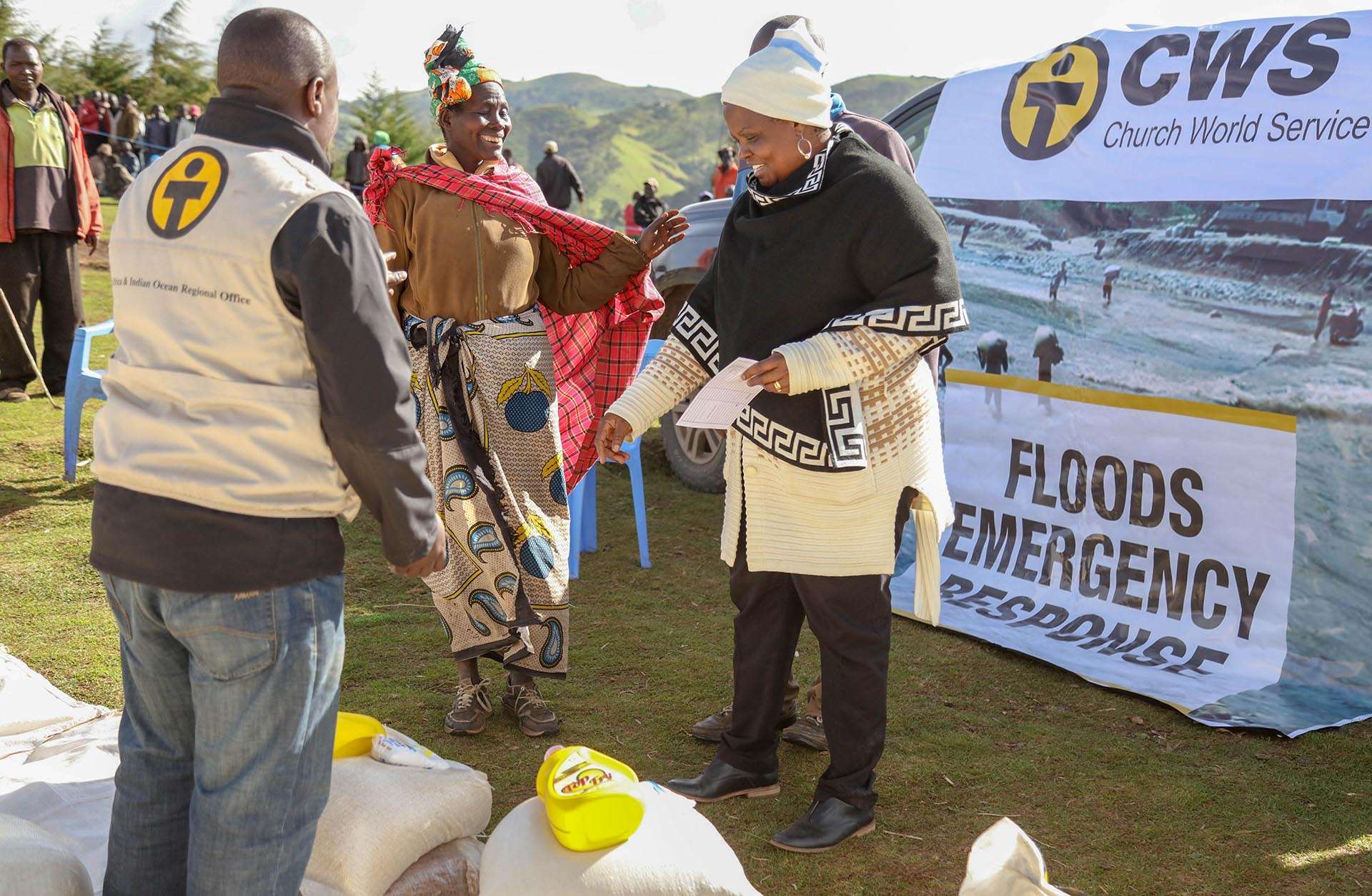Learn
What makes someone a refugee? What evidence are we seeing of climate change? How does CWS respond when a disaster hits? Are we making progress in the fight against hunger?
And, most importantly: how can I help?
Explore the sections of our website below to find the answers to these questions, and many more.
Latest Updates
Empowerment and Freedom: Claudia’s Story
Claudia Cardona, changemaker and women’s advocate, has turned her life story into a platform for the voices of many incarcerated and formerly incarcerated women. Through her work and devotion, she has earned a place in national and regional debates, hearings and meetings on the subject. Behind Claudia’s work is a difficult past that has left her with many valuable lessons. …
Cultivating Hope and Equality
Encouraging and selfless are a couple of the words used to describe Matumaini Narcecine, a lead farmer at Nyarugusu refugee camp in Tanzania. Since joining the CWS-supported vegetable farming program two years ago, she has become a leader—passionate about uplifting others, especially women, in her community. As a Burundian refugee, Matumaini has experienced gender inequality. “In our traditions, women they …
Planting new Trees and Seeds of Hope
Ebocwa and Nadia in their home garden In 2018, due to ongoing conflict in the Democratic Republic of Congo, Ebocwa and his wife Nadia had to leave their home and flee to Tanzania where they would have to restart their lives in the Nyarugusu Refugee Camp. Life was immediately challenging and Ebocwa was soon forced to make a difficult decision …
Penda Plants Seeds with Love
Scroll through the gallery above to see Penda in her garden In the Nyarugusu refugee camp in Tanzania lives a woman named after the Swahili word for love, Penda. With just one smile, we could see that Penda’s name fits her perfectly. Like many of the refugees in the camp, Penda fled the intense violence in her home country, Democratic …
Caring for Those Who Take Care of Us
If you open your fridge and find any type of vegetation, there is a good chance it was produced by a migrant farmworker. These hard-working men and women make up about 73% of the nation’s agriculture workforce and quietly ensure that anyone living in the U.S. has fresh food to put on the table. While they take care of all …




